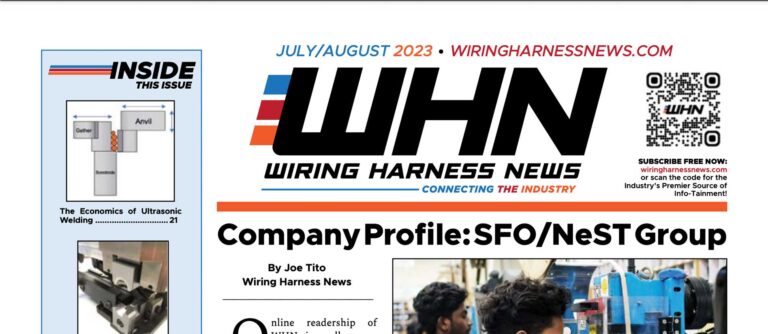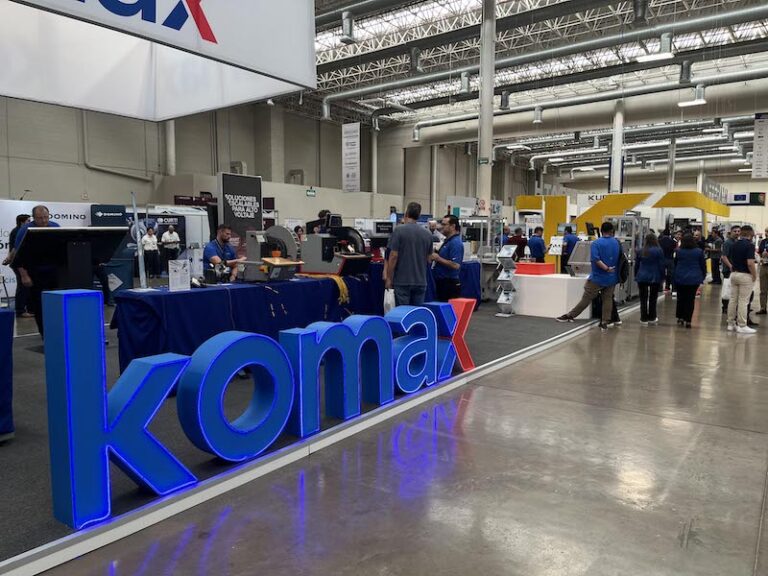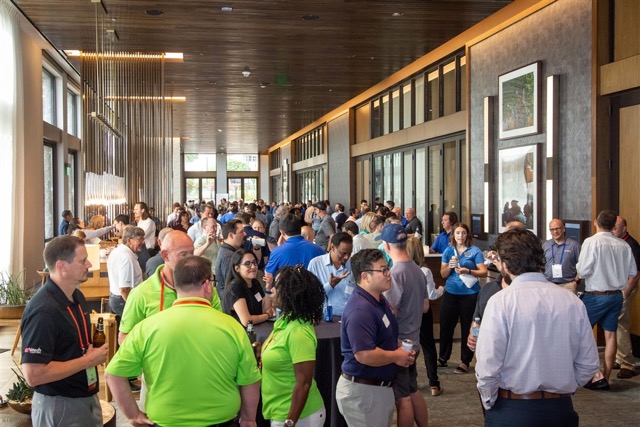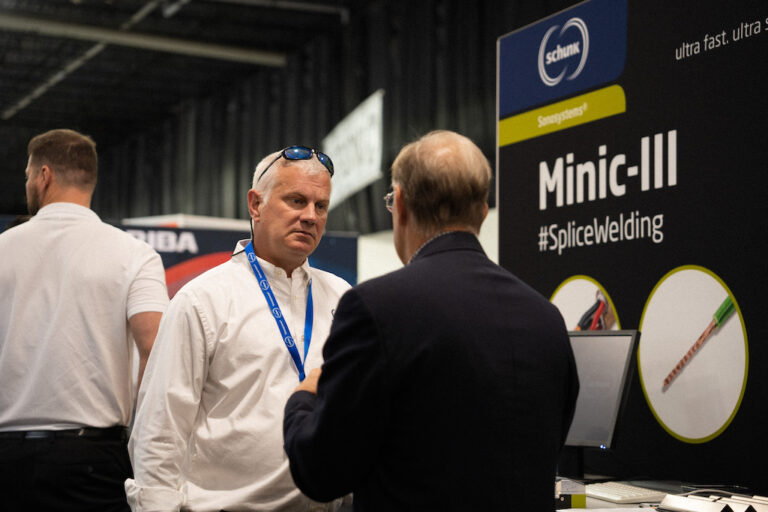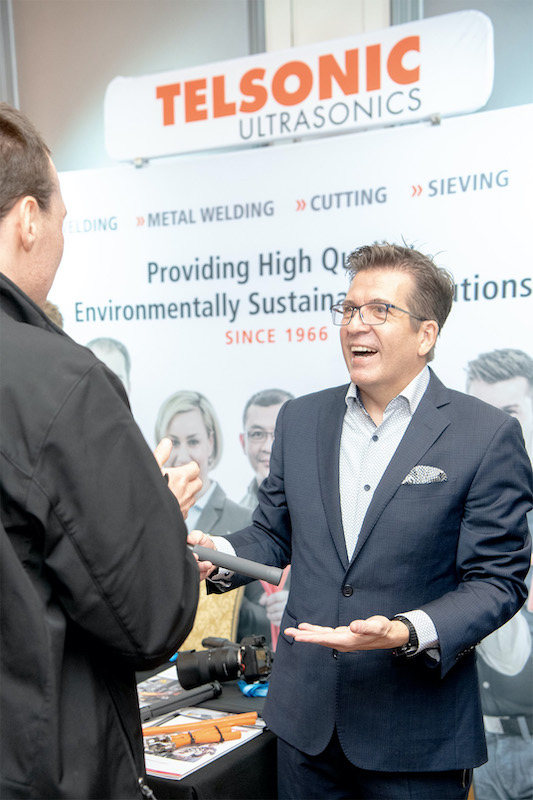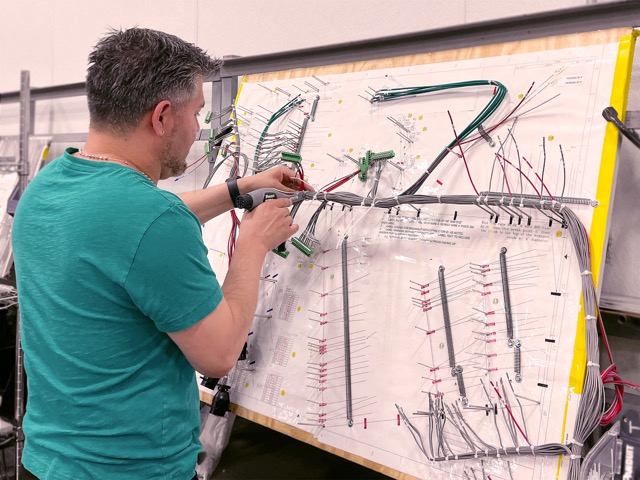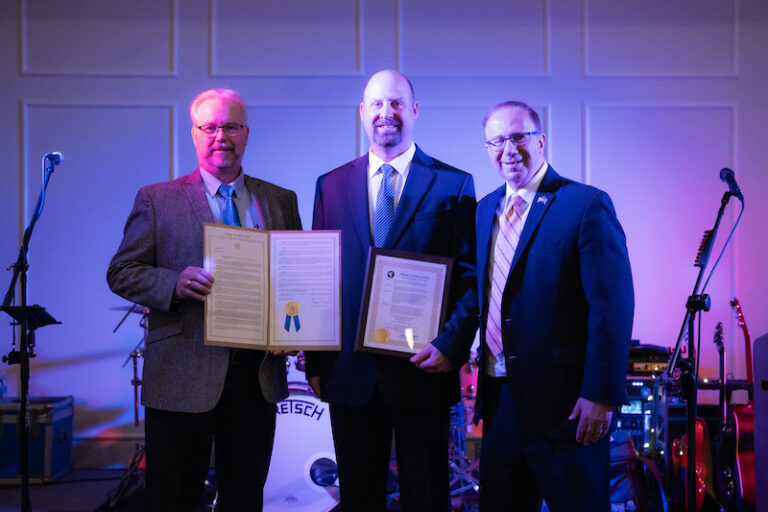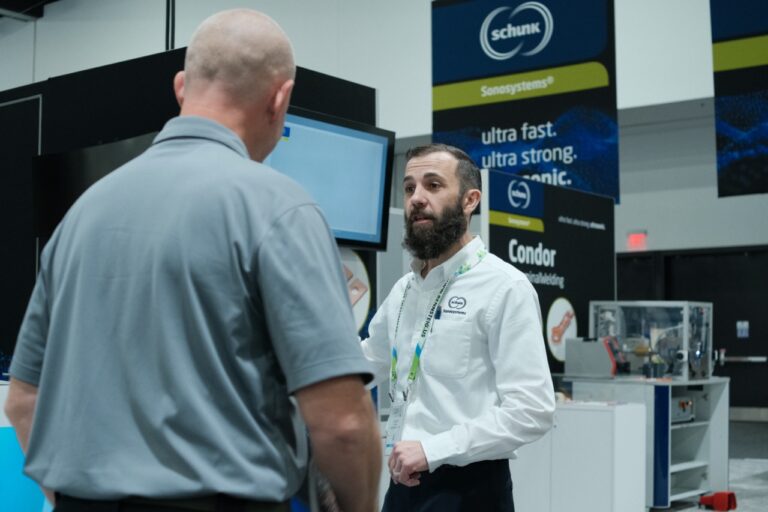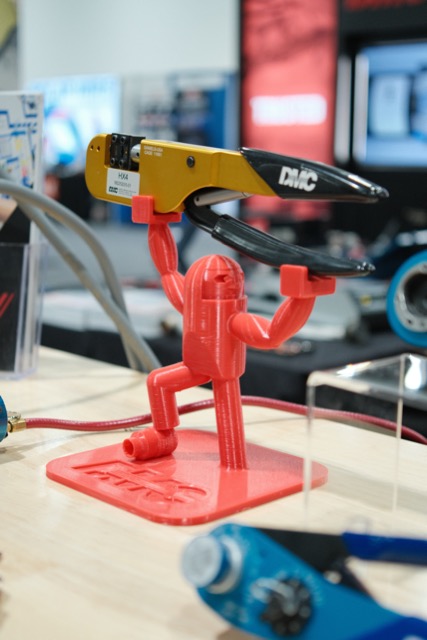By Paul Hogendoorn
Many years ago, a person I have immense respect for said to me, “if you want to get something important done, ask a busy person”. I instantly recognized the truth of that statement, but I can’t say it fit me too well; I was indeed a busy person, and I did get things done, but I continually operated at a level of unrelenting frenetic busyness and the cost of getting important things done was often misunderstandings, hard feelings, and sometimes fractured relationships. Upon completion of the task, when I felt that we should be cheering our accomplishment – i.e., slapping backs and clinking glasses – there were scars that needed tending to, but no time to slow down for that as there were other important things waiting to be done. Being busy doing important things is not just a full-time job, it is an addiction.
About 20 years ago, a friend of mine had just been hired to turn around and save a long running manufacturing business in my area. They employed a couple hundred people, and their financial runway was incredibly short – one payroll period, or two weeks. Long story short, he succeeded and stayed for about five years, and the company continues to operate successfully to this day. The most amazing thing of watching him work however, was how little work he seemed to do. He would often be out of the office, not working, but at charity golf tournaments or on mini-long weekend vacations with his wife. One Tuesday morning when I was in his plant, I mentioned that me and a few buddies were riding up to the Manitoulin Island later in the week, and without hesitation, he said “sounds great, mind if I join you?”
On the trip, I asked him how he could take so much time off at such a critical juncture, and although I don’t remember the exact words, it came down to something like this: “I know how to get things done – because I really dislike being busy”.
Most of us say we are too busy, or that perpetual stress of a never-ending workload (with no end in sight) is wearing us down. We think that we yearn for a less demanding workload, but the truth is that’s not how most people are wired. We have an innate need to be important in the organization we work for, both for financial security as well as personal self worth. We equate busyness, especially important busyness, as keeping us valuable to the organization and our efforts meaningful.
My colleague (the turn around specialist) hated being busy at work, and speaking candidly, I do too. I would rather have discretionary time to choose what I could busy myself with rather than a full slate of things that keep me so busy there is little time left for things I might choose to spend time on. The faster he could make himself unbusy, the better, and the best way to make himself unbusy was to get things done.
When he delegated (which he did often), the goal was the same – for his people to get unbusy as fast as possible. He wasn’t delegating to get things off his plate, he was delegating to get things done. In those cases, his role was to simplify life for them and help them find to shortest path to get the critically delegated things completed. The quicker those things got done, the quicker that person would be available to get the next important thing done.
There’s some truth to the statement “actions speak louder than words”, but in his way of thinking, “outcomes speak for themselves”. There’s not much explaining to do when things get done on time, nor is there a need for an ongoing superhuman effort. The task is done, on to the next task. And that’s how it goes. The people that get things done get other important things assigned to them, which they then pursue with the same disciplined diligence, and they get those things done too. They ‘gain’ valuable time for the business, and while this drives the business forward, they also gain more time for themselves. They golf more, ride more, and get home for dinner on time far more often.
Some people might interpret a dislike of busyness as laziness but there’s a huge difference between the avoidance of work and the completion of work. The key is to measure the outcomes, not the efforts, or the words. Efforts can be appreciated, and words can be helpful, but only the outcomes have tangible business value.
If you enjoyed this column and would like to read more of my blogs and columns, check out TPI-3.CA/blogs. You can also connect with me on LinkedIn/paulhogendoorn/ or [email protected]









